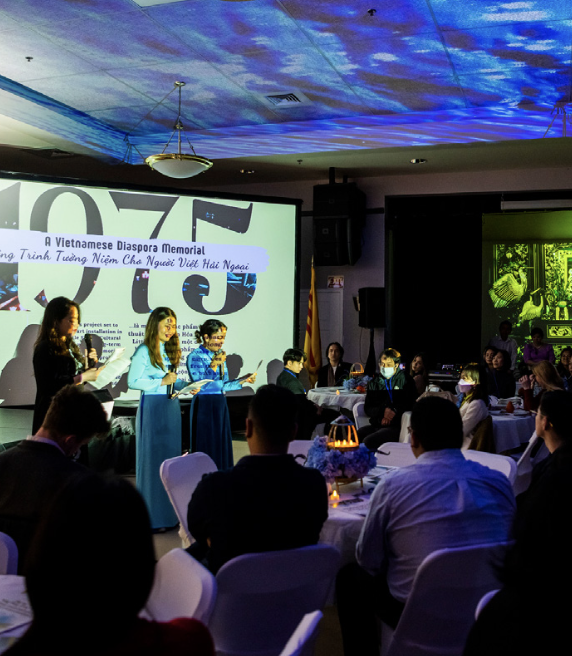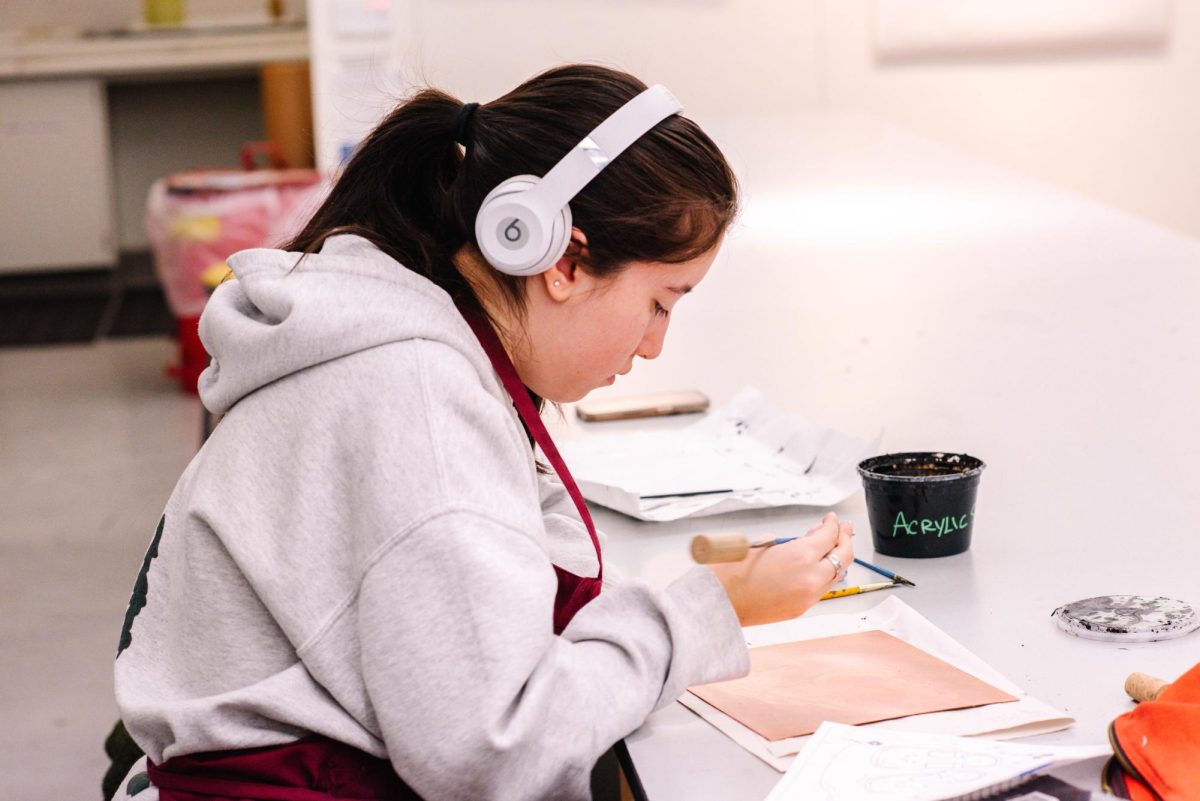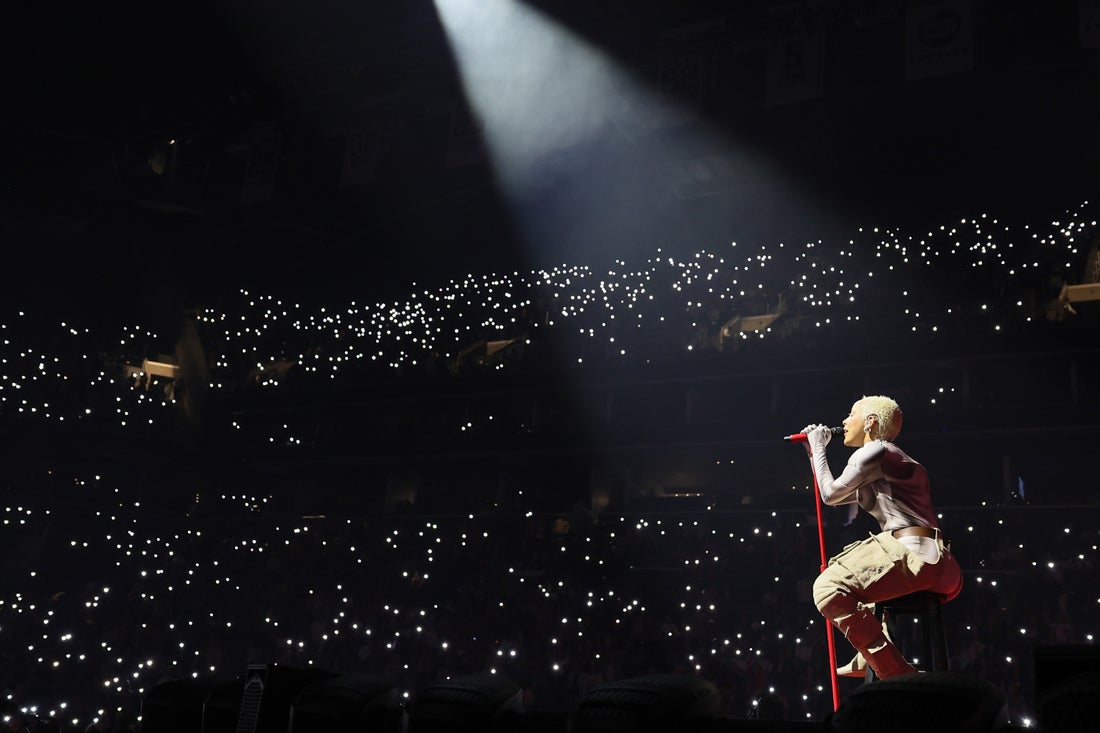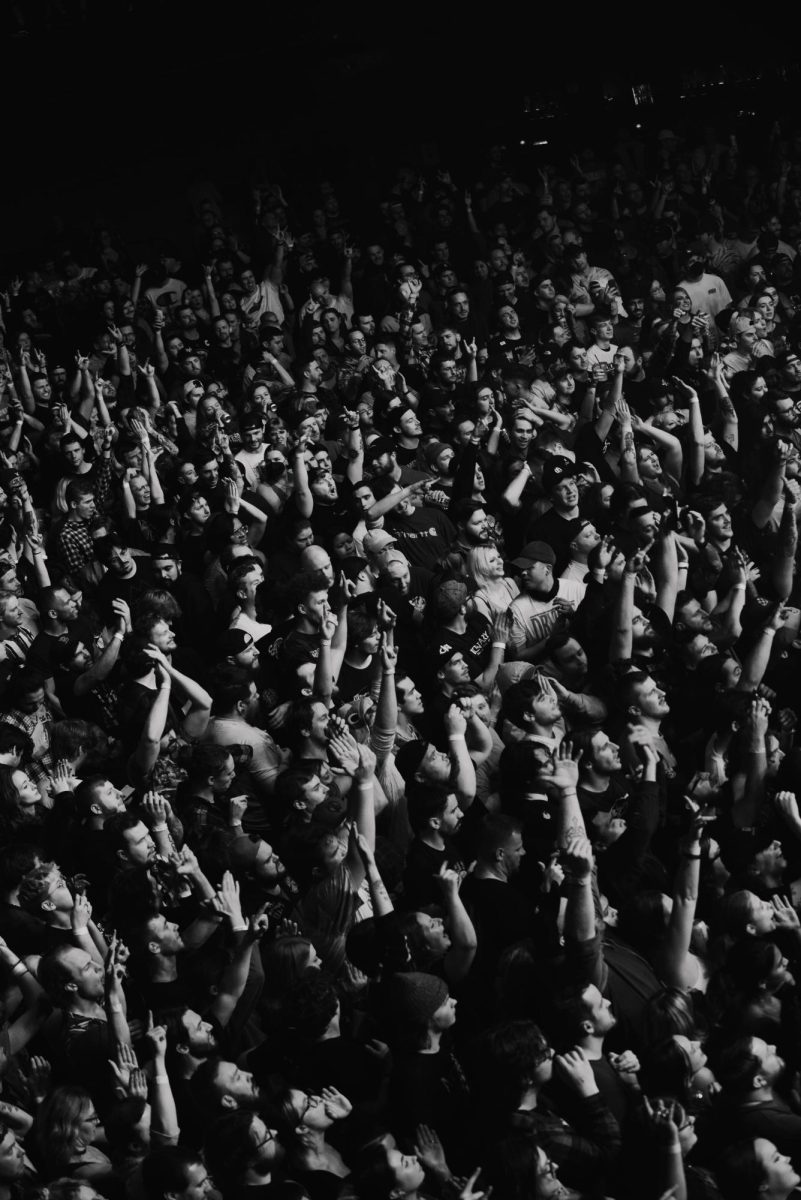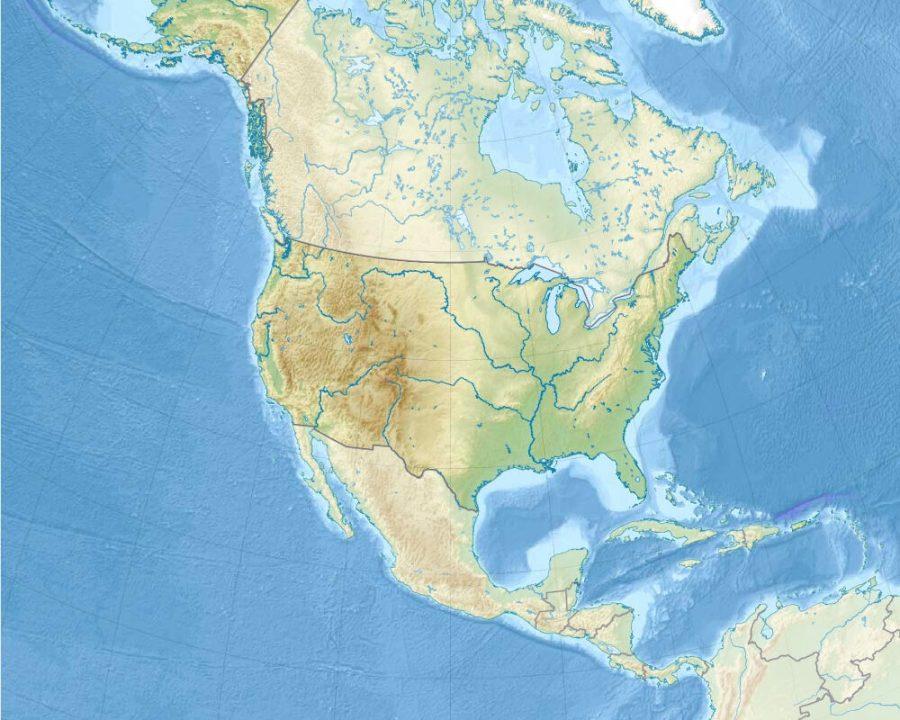On November 9, in remembrance of the fall of the Berlin Wall, activists across the globe demonstrated against the Israeli barrier known as the ‘seam’ wall that separates Palestinian territories from Israel. Activists condemned the barrier as an apartheid-like apparatus designed to complement the Israeli occupation.
Israel is constructing a 25 foot high, 400 mile long concrete barrier with armed watchtowers and razor wire between Israel and Palestine. Though Israel claims the fence is temporary, it is investing up to $2 million per mile with the total project estimated to cost over $1 billion.
The movement against the wall is demanding an end to the Israeli occupation of the West Bank and the Gaza Strip. Activists see the barrier as a primary symbol of the systematic repression of the Palestinian people.
Last Monday, activists from Boston Area Working Group (BAWG) visited UMass Boston to raise awareness of the pressing issue with literature and a giant display with posters, pictures, and articles plastered across its panels.
According to BAWG, the conflict between Israel, which has the world’s fourth largest military, and Palestine, which resorted to suicide bombings, is deteriorating rapidly. It believes Israel’s policies are to blame, as is the substantial economic aid from the United States.
Martin Federman, co-chair of Visions of Peace with Justice and a member of the Israel-Palestine Peace Network, explained some of the dynamics behind the persisting crisis in the Middle East. “Since Sharon has come to power, there have been more Jewish deaths than in any other time,” he said, adding that after Sharon, “Yasser Arafat is Palestine’s second greatest enemy.”
The conflict is consistently stirred up as Israel continues to build settlements in the West Bank, now home to 400,000 Israelis. The settlements are built strategically over aquifers and agricultural lands and are linked to Israel by Jewish-only roads that Palestinians are not allowed to cross. Palestinians are subject to heavy security measures at checkpoints within their own territory of the West Bank. According to Sharif S. Fam of the BAWG delegation to UMB, these policies are designed to “choke the Palestinian community.” The restraints adverseley affect the Palestinian economy. Goods can’t be effectively transported in or out, workers and students suffer long waits in their daily commutes, and farmers face an ordeal trying to get to their orchards.
Federman, a strong proponent for the safety of Israelis, recently visited the West Bank and was reluctantly allowed to pass through the wall into Palestinian territories with his U.S. citizenship. He exclaimed his sadness at the sight of lines backed up at checkpoints and the “few and far between” gates in the wall. He compared the logistical situation to having to go out to Worcester to get to Ashmont from UMass Boston.
Federman disputed Israel’s reasoning that the wall was to prevent suicide attacks. “Let us assume the wall was built for security. Virtually all suicide bombers are entering Israel through high security checkpoints. That will not change because of the wall.” He feels that Israel may either seal the wall off completely, thus creating a giant prison, or the terrorists will keep finding ways of passing through. Federman said that the wall is really just “increasing hatred, hostility, and anger” among Palestinian populations.
Fam explained that although the wall was intended to follow the “green line,” or 1967 border, the wall extends well into Palestinian territory. As a result, 13,000 people have been made homeless by house demolition and 102,000 olive and fruit trees have been uprooted.
Federman cited numerous polls illustrating that most Israelis want to end the occupation. A survey last year by Mina Zemach, Israel’s foremost pollster, showed 63 percent of Israelis are in favor of “unilateral withdrawal” from Palestine. However, 90 percent of Israelis are in favor of the wall.
The past week has seen demonstrations and rallies in cities around the world, including New York, Los Angeles, San Francisco, and Melbourne. These marches called for the dismantling of the fence and a stop to “the land theft and the quiet transfer to which the fence is a means.”
In Boston, the coalition to stop the wall organized events for the entire week of November 9. They constructed a 10-foot by 22-foot wall on which enlarged photos of the wall and text were placed to document its effects on Palestinians.




